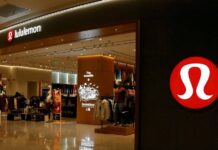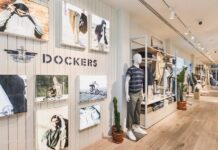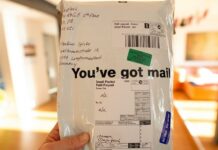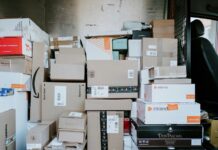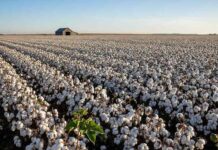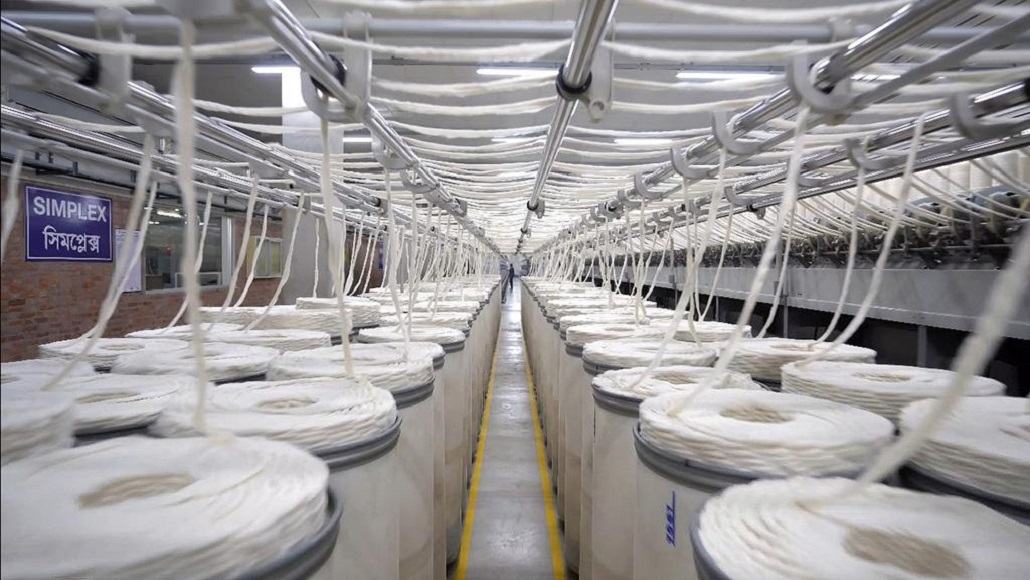Envoy Textiles, a manufacturer specializing in fashion denim, has secured a $30 million sustainability-linked loan from the Asian Development Bank (ADB) to enhance its production capabilities in Bangladesh. This agreement marks ADB’s inaugural sustainability-linked loan in South Asia.
A sustainability-linked loan ties financial incentives to specific performance metrics related to sustainability, assessing success based on the achievement of established environmental goals.
The funds will be allocated to the design and construction of a new automated spinning unit at Envoy’s factory in Jamirdia, Bangladesh. Additionally, a portion of the funding will be invested in installing 3.5MWp rooftop solar panels at the facility and refinancing short-term local working capital loans.
With the new spinning unit, Envoy Textiles aims to boost its annual yarn production capacity by 4,550 tonnes, primarily to support the in-house production of denim fabrics.
As part of the sustainability framework, the company will pursue set objectives, including targets related to solar electricity generation and reductions in greenhouse gas emissions.
Hoe Yun Jeong, ADB’s Bangladesh country director, noted, “The ready-made garment industry is a key driver of Bangladesh’s economy, accounting for over 80% of the country’s total export earnings, and Envoy is the leading denim fabric manufacturer. ADB is pleased to support Envoy with its first sustainability-linked loan in Bangladesh. This partnership advances environmental sustainability and industrial modernization, setting a new standard for the garment sector.”
Envoy Textiles produces approximately 54 million yards of denim each year, representing around 10% of Bangladesh’s total denim fabric capacity. The company operates the world’s first platinum-level Leadership in Energy and Environmental Design (LEED) certified denim manufacturing facility, as recognized by the United States Green Building Council.
This latest financing follows a prior textile manufacturing project between Envoy and ADB in 2022, which facilitated the acquisition and installation of energy-efficient spinning machinery along with additional equipment.



